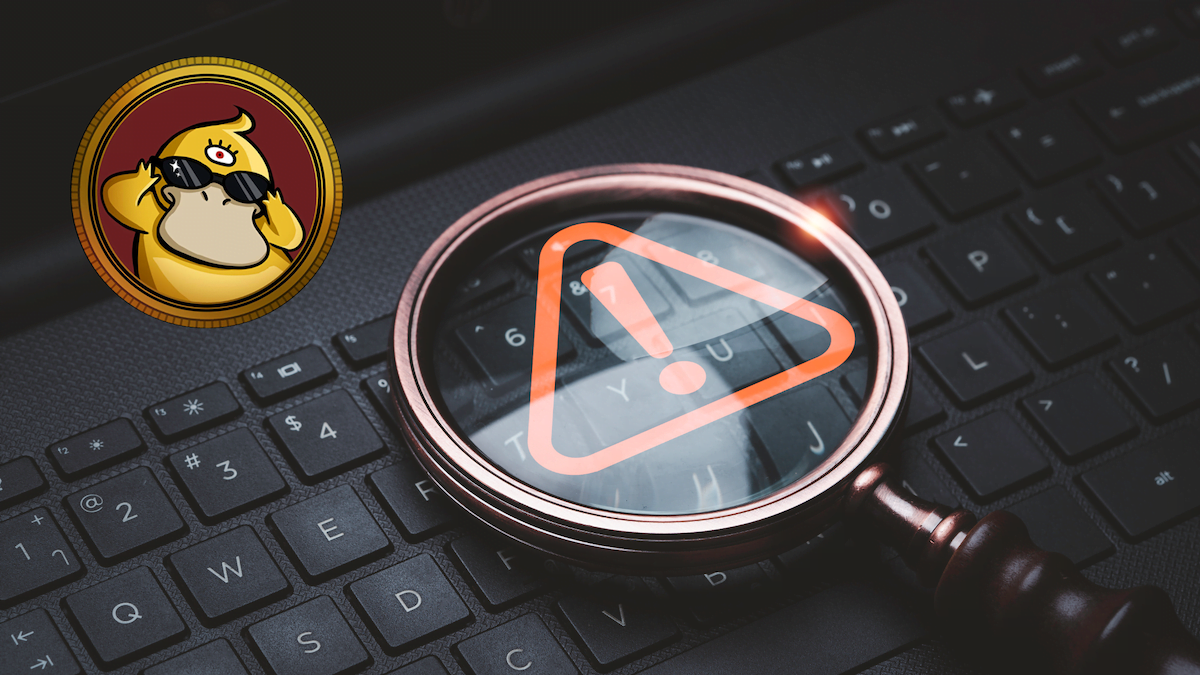In what could only be described as a uniquely digital-age twist, an NFT influencer, known by his alias Ben.eth, has been served with a settlement demand, via an NFT. The demand, laced with profanity, accuses the influencer of engaging in wire fraud, at the least, relating to a recent $7 million token presale.
Mike Kanovitz, a partner at the law firm Loevy & Loevy, announced this development via Twitter on May 20. The influencer’s true identity remains veiled, much like many players in the digital realm. The legal manoeuvre highlights the often blurred lines between online personae and the real-world repercussions of digital actions.
The bone of contention is the Psyop (PSYOP) meme token launch strategy, which the influencer allegedly manipulated. This token saw an influx of $7 million in its initial presale within just 72 hours. The handling of liquidity pools and the rate at which tokens were dispersed post-presale is what stirred concerns.
Responding in his typical virtual realm, Ben.eth took to Twitter shortly after the publication of the demand letter. He assured that half of the tokens had been dispatched, promising the remainder to follow soon.
Even with this, the demand letter forecasts a bumpy ride for Ben.eth if compliance isn’t swift. It unequivocally states that a suit will target not only Ben.eth’s alias but his personal identity, and it will be served at his home. Kanovitz further promises to pull the curtain back on the influencer’s confederates, exposing their identities as well.
He underlines the severe nature of the allegations by saying, “You are engaging in real fraud, and it is hurting real people. There will be consequences if you don’t make it right.” Ben.eth, unfazed, retweeted the letter later on May 20, dismissing it as “so unprofessional it could get them in trouble with the bar association.”
In an age where internet personalities often toe the line between virtual actions and tangible consequences, this case is a clear reminder that actions in the digital sphere can carry real-world implications. It’s also not the first time NFTs have been used in the courts.
Credit: Source link















































